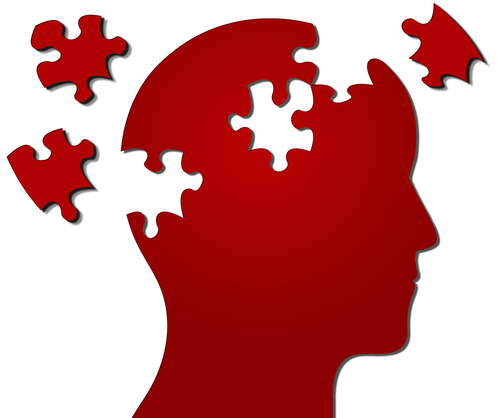And so for weeks, we had been locked in a game of chicken: waiting for my father to do something clearly dangerous; praying like hell that it would not be his suicide or accidental death or the death of someone else. In the meantime, my mother had all but stopped sleeping and had started hiding the car keys and the checkbook. She would tiptoe around their one-bedroom apartment at night, waiting for him to doze off, then call my sister or me to unload her despair in a flurry of whispers.
More than a dozen readers sent me copies of this moving story– When My CRAZY Father Actually Lost His Mind — published last Sunday in The New York Times.
While I like to post original content on this blog and not simply pass along articles, this is well worth reading. And since I am recommending articles, you should check out a thoughtful piece that Trudelle Thomas wrote in the National Alliance on Mental Illness VOICE recently. It is entitled: Loving A Sibling with a Chronic Illness.
As a sibling of a person living with serious mental illness, I faced my own set of challenges. I wanted to keep our close bond but wrestled with feelings of grief, worry, frustration and guilt. Even though I knew better, I felt guilty for not protecting him. I worried terribly that he would end up sleeping under a bridge. For a long time, the way I expressed my caring was by giving him advice: Go back to school!” “Don’t eat that Cheeto!” and “Stand up straight!” I also became an overachiever, trying to compensate for my family’s heartache. Years passed before I encountered the concept of “unconditional positive regard” — the idea that all people need and deserve unconditional acceptance.”
Both articles discuss the challenges that we face as persons who love someone with a mental disorder. When do we step in? And when do we accept “unconditional positive regard?”
All of us are walking on the same path. I always find it helpful when others share stories about their journeys and what they have learned.




